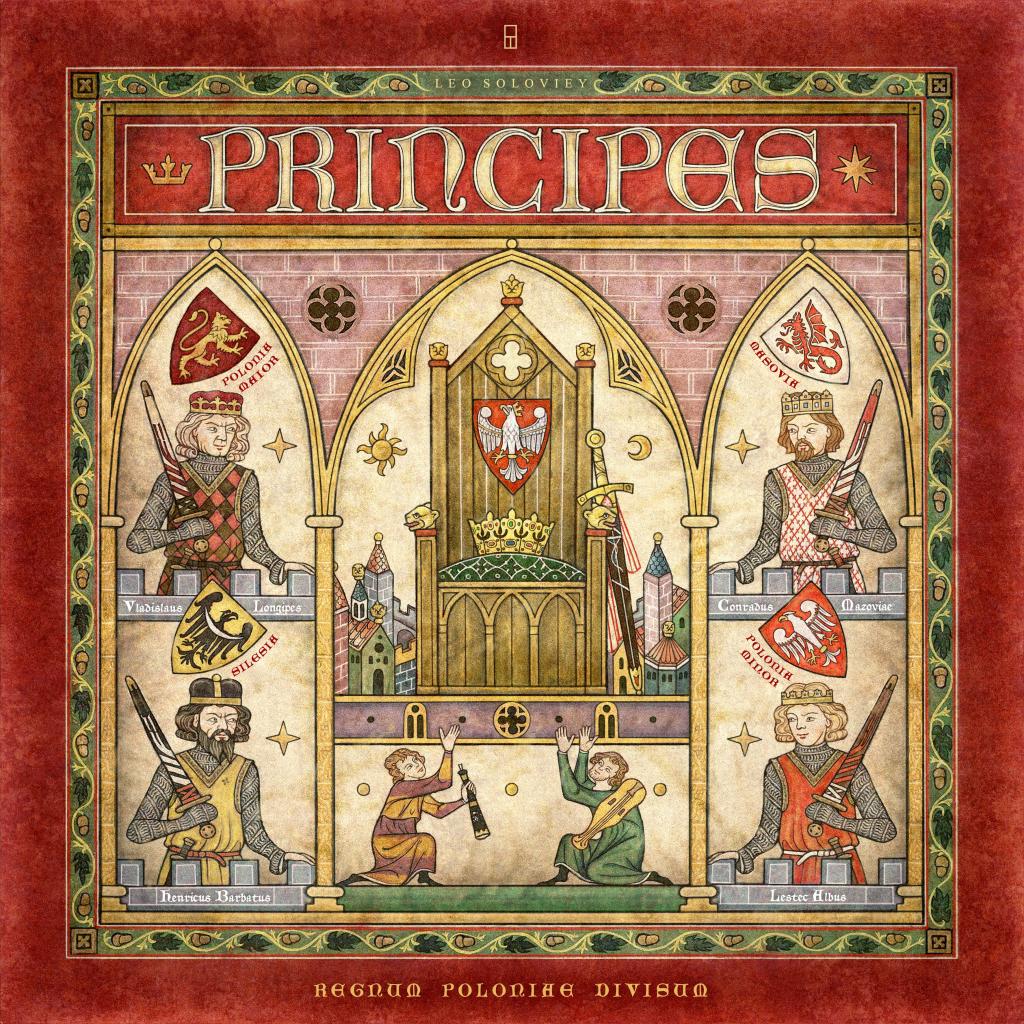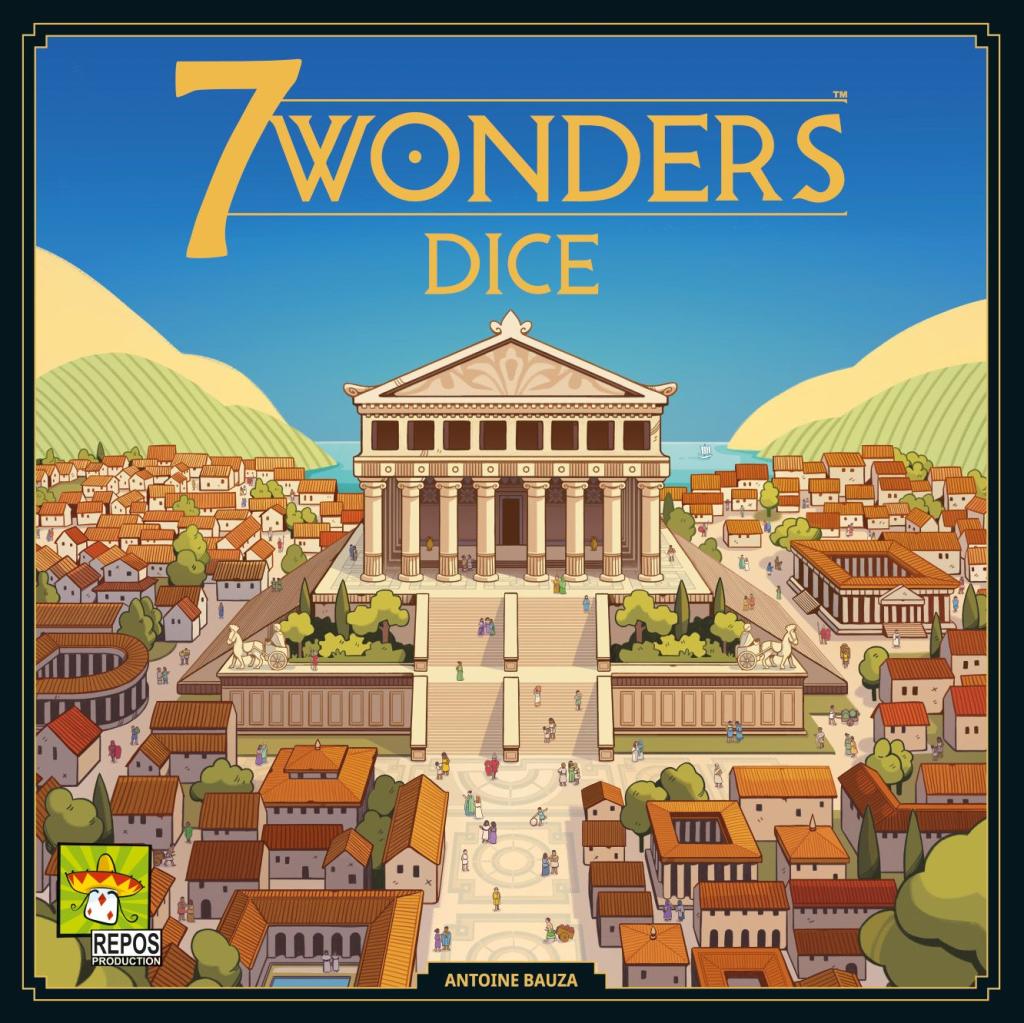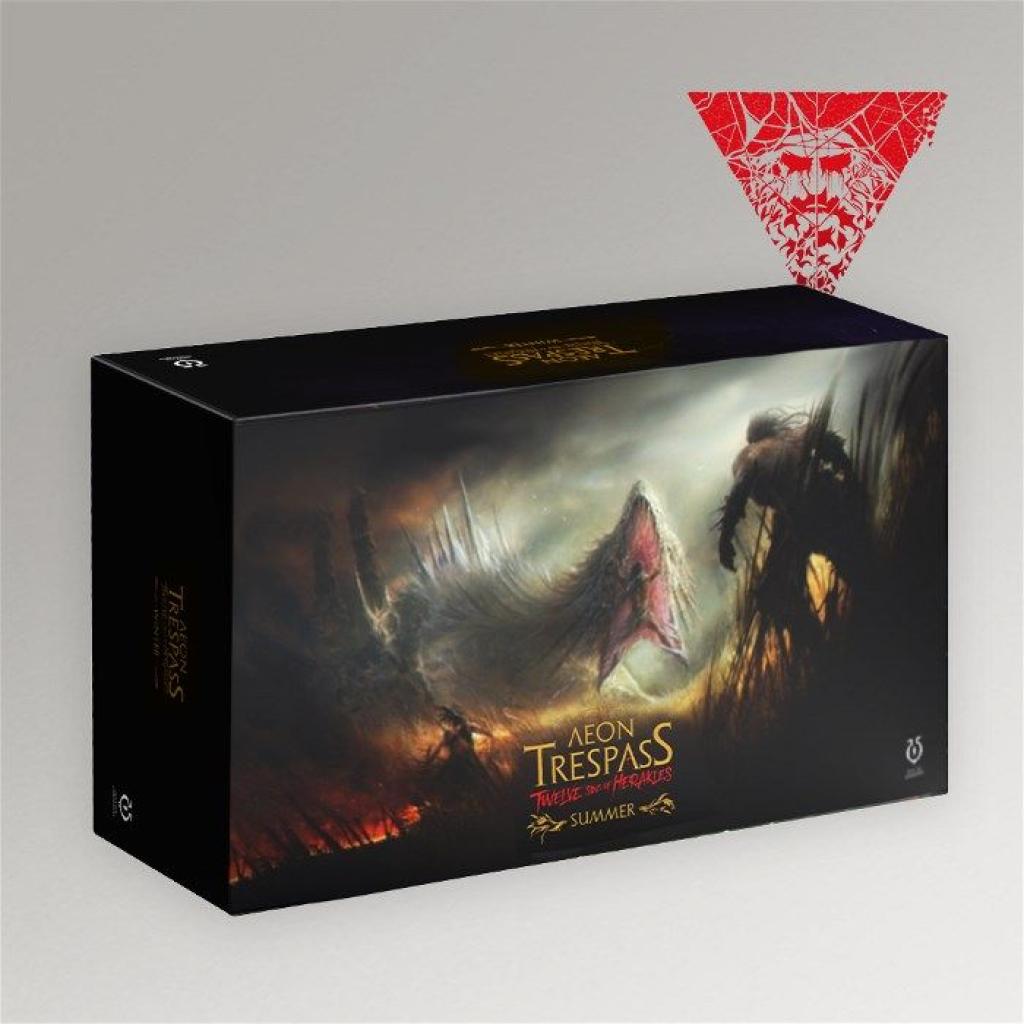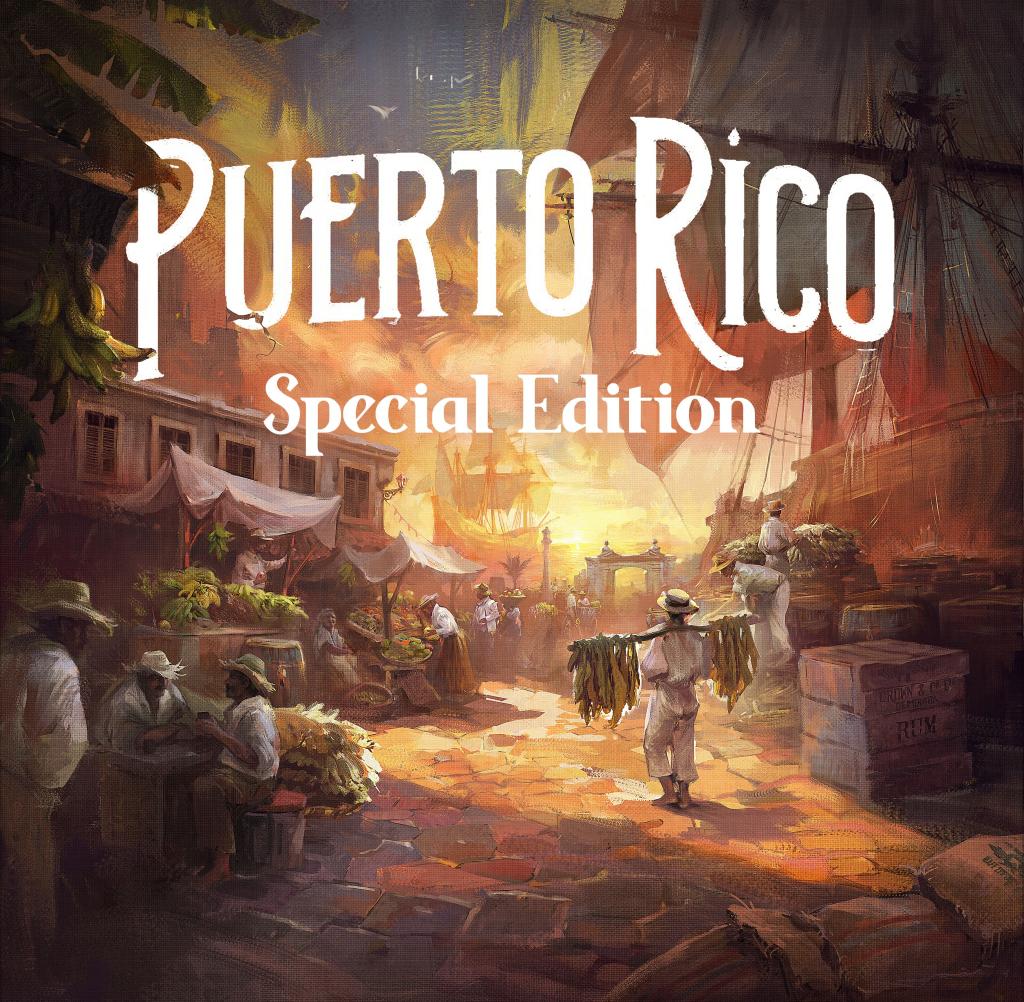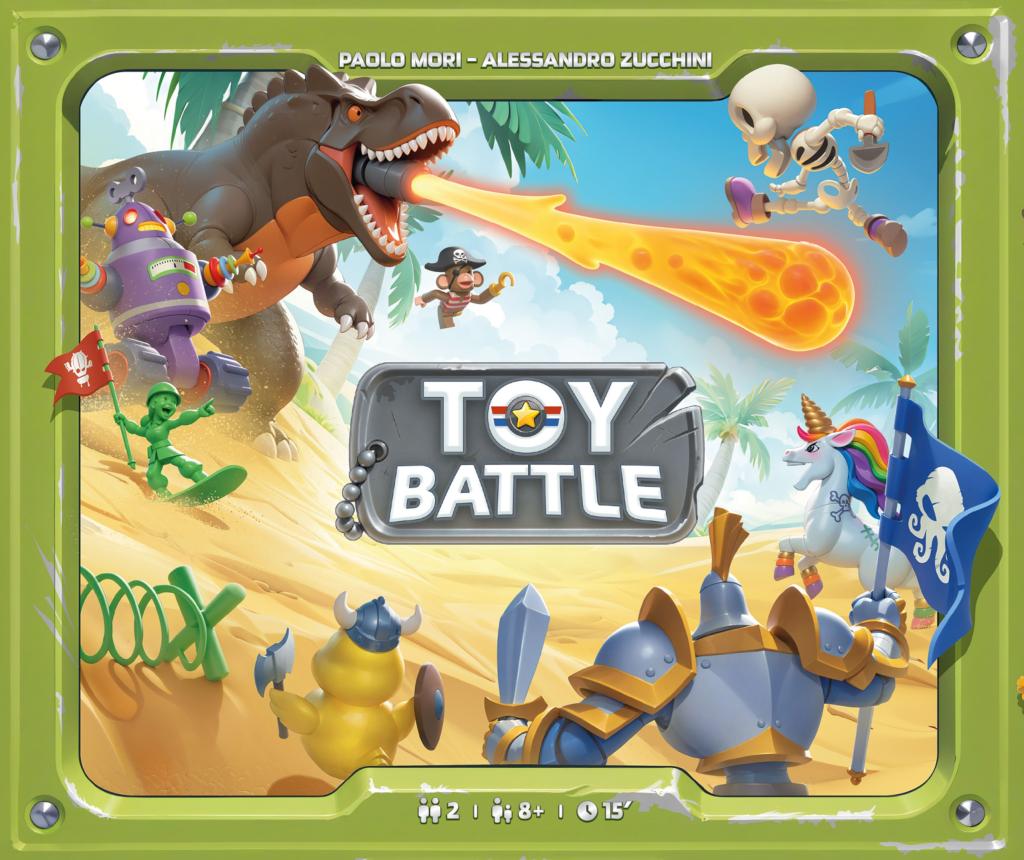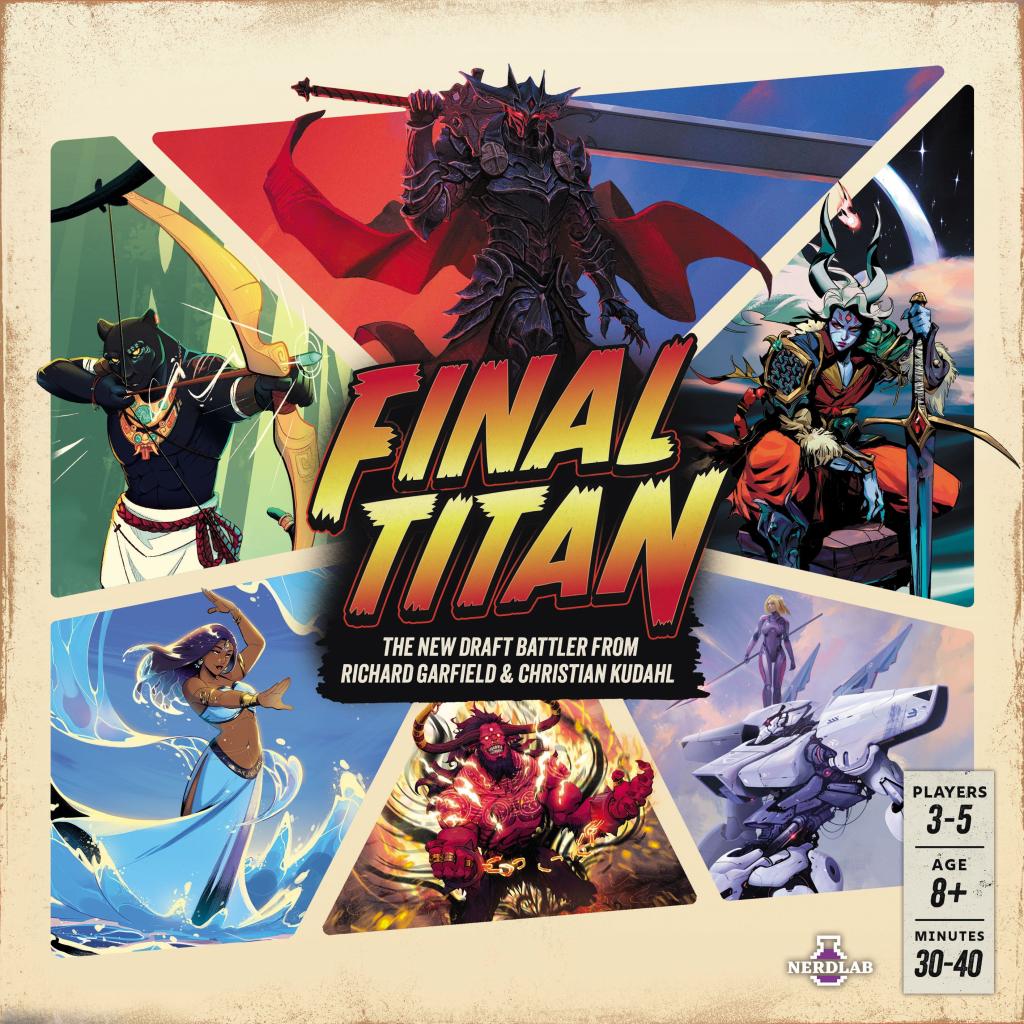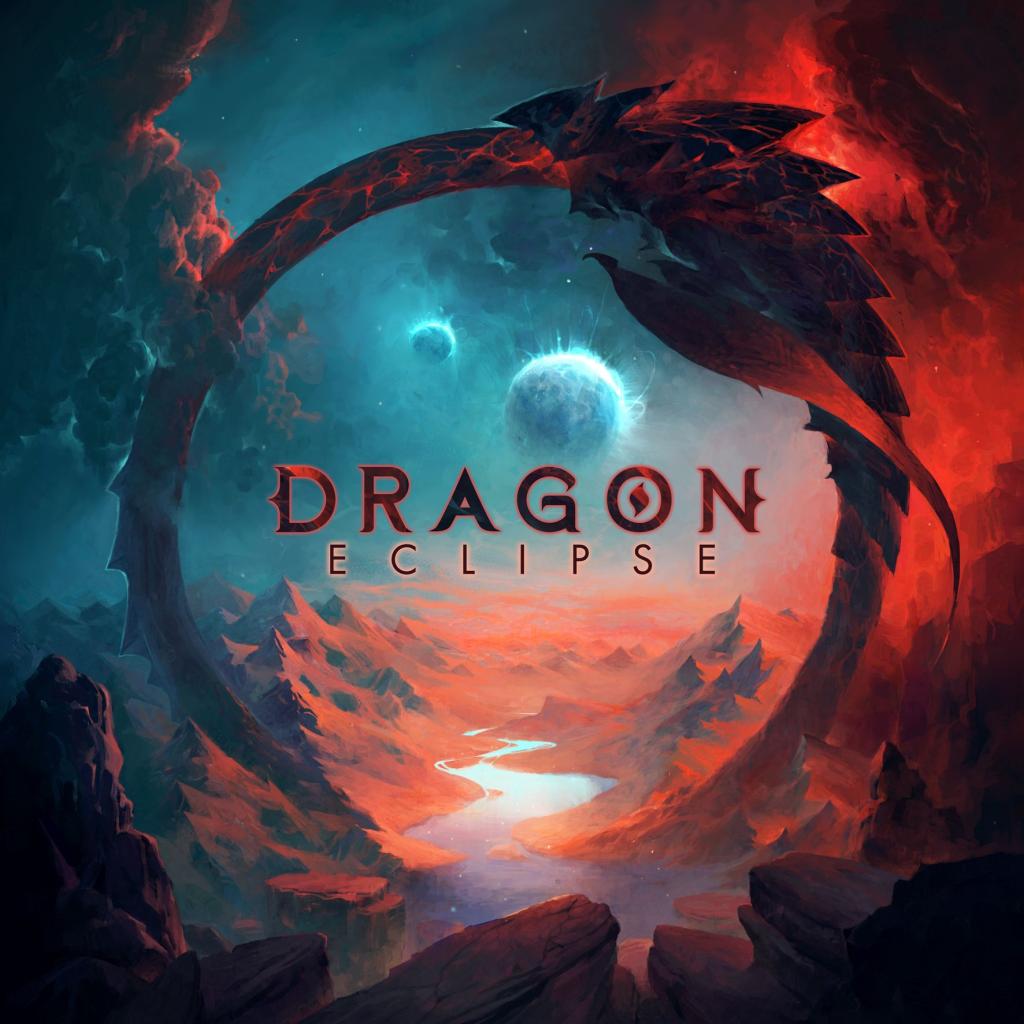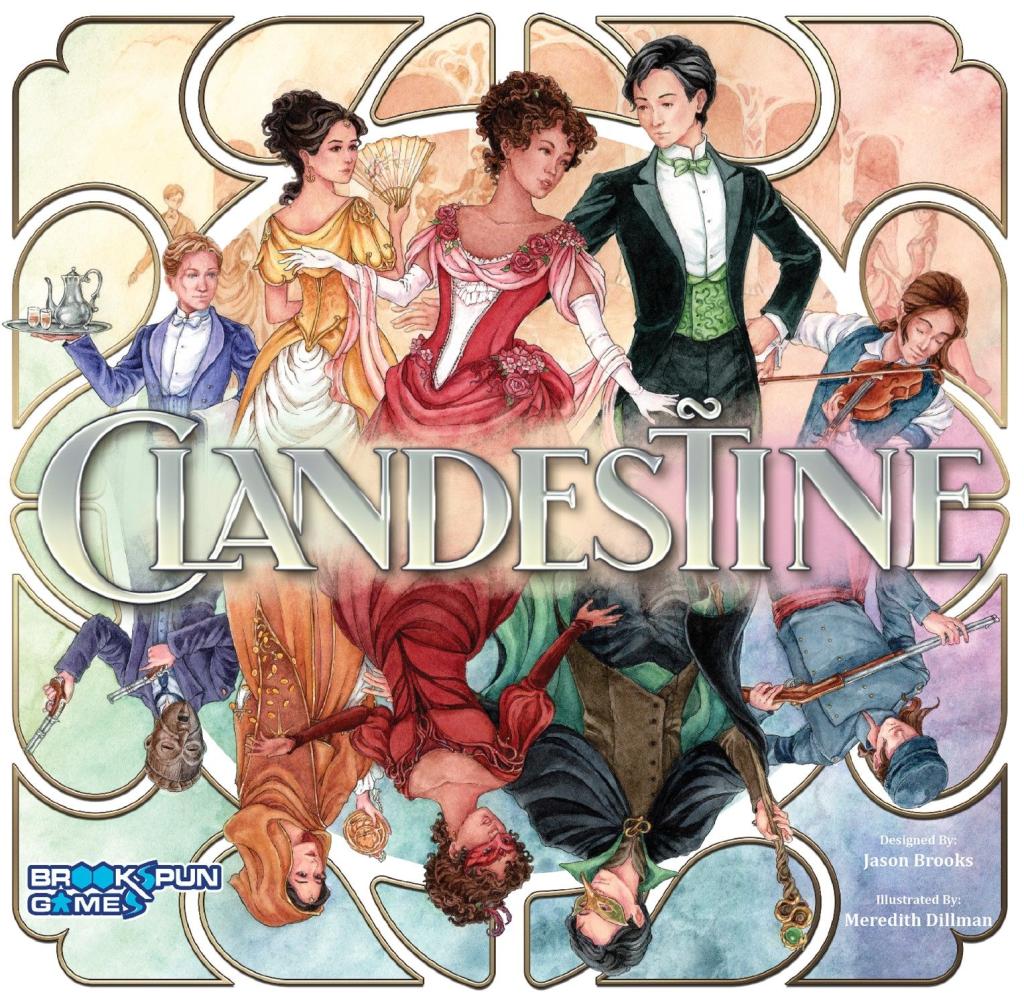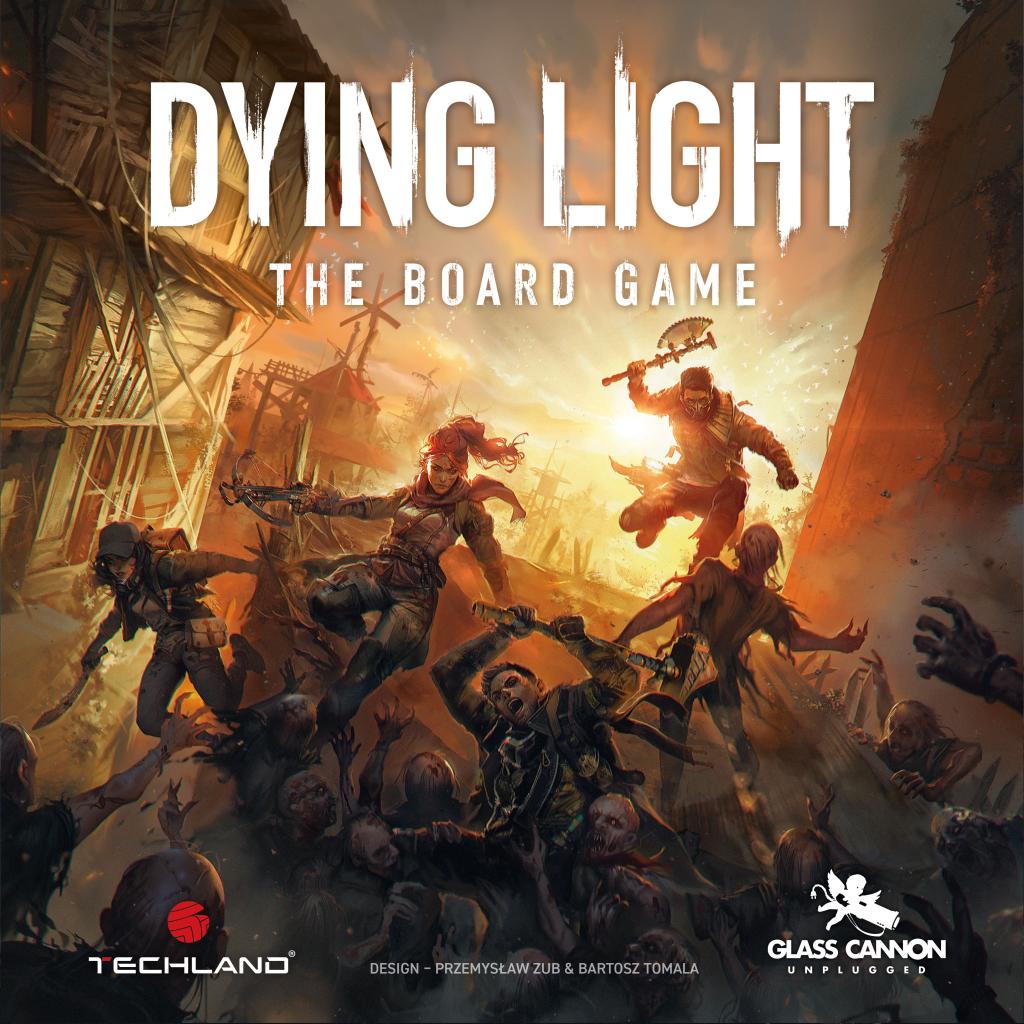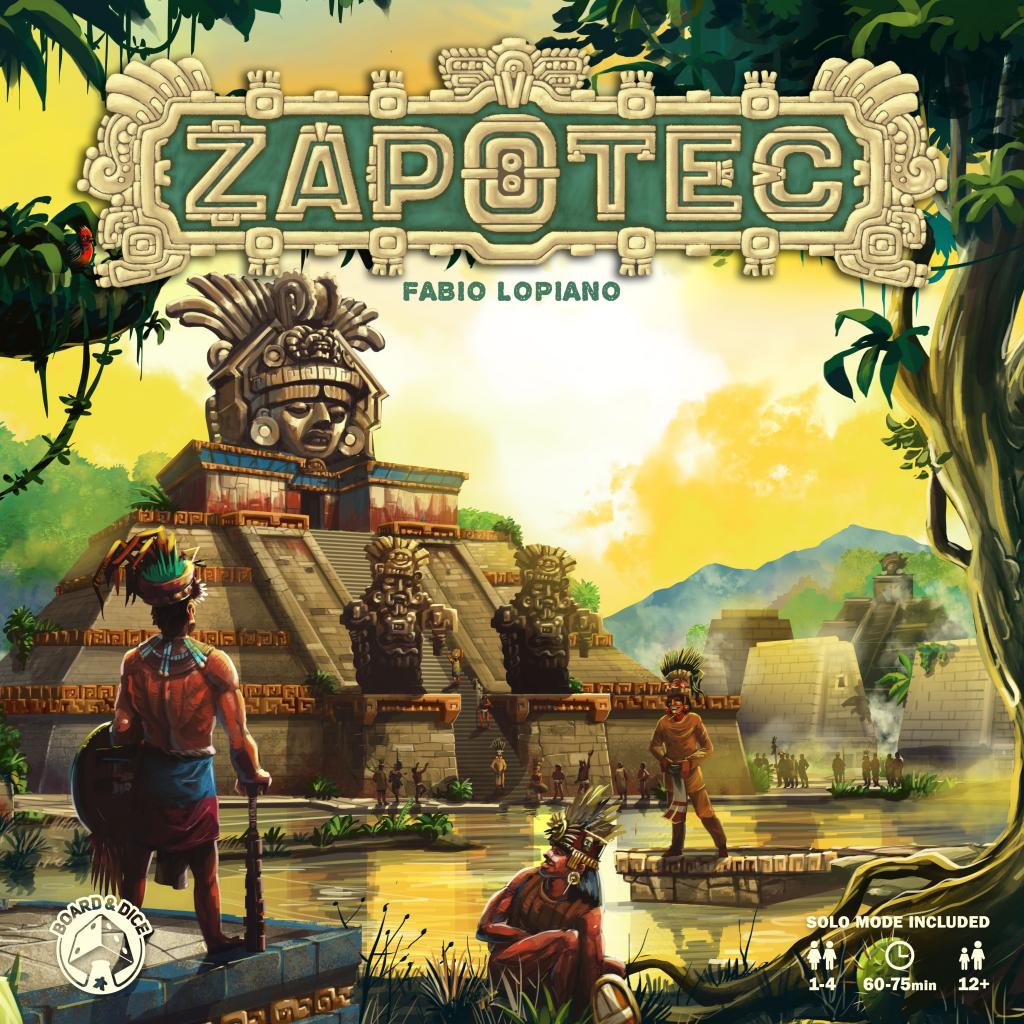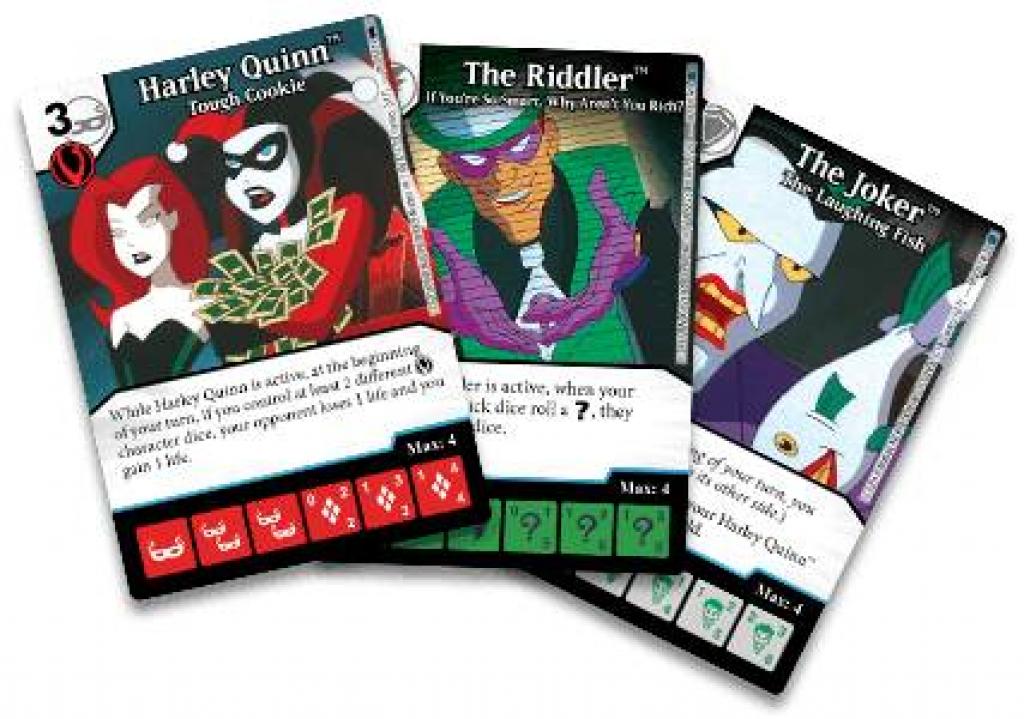Serenissima desková hra
Deskovky.org / Hra / Serenissima

Původní název hry
Serenissima
Board Game Geek score
Serenissima
Hodnocení hry na BoardGameGeek.com na základě 2256 recenzí uživatelů.
Vydavatel hry
Týdenní návštěvnost hry
+ Do srovnávače
Serenissima
Autoři hry
Tvůrci hry
Kategorie
Mechanika hry
Originální popis hry
Téma Ve čtrnáctém století byl Atlantik nekonečným oceánem a Amerika byla teprve objevena. Středozemní moře bylo mořem velkého blahobytu - jedinou cestou mezi Východem a Západem. Největší flotily té doby bojovaly o nejlukrativnější obchodní cesty. Obchodní města jako Benátky, Janov, Barcelona nebo Istanbul se stávala stejně mocnými jako celé národy, zakládala obchodní cesty až do severní Afriky nebo na Blízký východ a přivážela do západního Středomoří koření, drahokamy nebo zlato. SERENISSIMA obnovuje tuto éru, kdy Středomoří bylo centrem světového obchodu. Hra Každý hráč se ujme role jednoho z těchto čtyř městských států. Jejich cílem je vytvořit si ve Středomoří sféru vlivu a rozdělit si nejrůznější komodity, aby jejich obchodní říše co nejvíce prosperovala. V průběhu hry musí hráči stavět galéry, najímat posádku a nakupovat/prodávat zboží. Hodnotu zboží lze ovlivnit tím, že hráči mají na určité komodity monopol. Hráči mohou také ovládnout přístavy, čímž získají další příjmy od hráčů, kteří přístav používají, a také mohou získat specifické zboží tohoto přístavu. Nakonec se bodování odvíjí od počtu přístavů, které každý hráč ovládá, ale také od toho, že tyto přístavy mají k dispozici zboží různého druhu. Přístavy jsou tří typů : malé, střední a městské státy. Zatímco malé přístavy je poměrně snadné uspokojit (potřebují pouze dvě komodity, aby byly považovány za "plné"), čtyři počáteční městské státy je mnohem obtížnější uspokojit, protože budou potřebovat všechny druhy dostupných komodit (6 dalších komodit plus tu, kterou produkují). V průběhu hry počet a druh komodit dostupných v přístavech také ovlivňuje počet členů posádky, které můžete najmout, zda můžete stavět galéry nebo pevnosti a cenu komodit při jejich prodeji. Hráč například nebude moci stavět nové galéry, dokud nebude mít v některém z přístavů, které ovládá, k dispozici dřevo a železo. Jakmile je galéra postavena, má k dispozici 5 políček, která lze zaplnit posádkou nebo zbožím. Každý člen posádky umožňuje pohyb o jedno políčko a činí galéru výkonnější. Tyto prostory jsou však také potřeba k přepravě zboží, které má hodnotu peněz. Peníze, které mohou být použity na najmutí nové posádky, stavbu nové galéry nebo zboží. Je tedy třeba najít rovnováhu mezi obchodováním se zbožím a ovládnutím přístavů - mezi flotilou obchodních galér a flotilou válečných lodí. Hra trvá 5 až 8 tahů v závislosti na počtu aktivních hráčů. Pořadí tahů se určuje licitací. Vítěz licitace si vybere, zda bude hrát jako první, druhý, třetí nebo poslední. V závislosti na situaci a na tom, co chce hráč udělat, může být stejně zajímavé hrát první nebo poslední. Například tím, že by hráč hrál první, by nemohl reagovat na tahy ostatních hráčů, ale mohl by se vyhnout blokádě svých galér.Automatický překlad
The Theme
In the fourteenth century, the Atlantic was an ocean without end and America was yet to be discovered. The Mediterranean was a sea of great prosperity - the only route between East and West. The greatest fleets of the age battled for the most lucrative trade routes.
Trade cities like Venice, Genoa, Barcelona or Istanbul grew as powerful as whole nations, establishing trade routes as far as North Africa or Middle East, bringing back Spice, Gems or Gold to the western Mediterranean. SERENISSIMA recreates this era, when the Mediterranean was at the centre of world trade.
The Game
Each players assume the role of one of those four city-states. Their goal is to establish their sphere of influence in the Mediterranean, and share all sorts of commodities to make their trading empire the most prosperous. In the course of a game, players must build galleys, hire crew and buy/sell commodities. The value of goods can be influenced by players having monopolies in certain commodities. Players can also take control of ports, thereby earning extra income from players using the port, as well as being able to get this port's specific commodity.
In the end, the scoring is based on the number of ports each player control, but also on the fact that those ports have commodities of different kind available. Ports come in three types : small, medium, and city-states. Whereas small ports are quite easy to satisfy (they need only two commodities to be considered "full"), the four starting city-states are far more difficult to please, as they will need all kind of commodities available (6 additional commodities, plus the one they produce).
During the course of the game, the number and type of commodities available in ports also controls the number of crew members you can hire, if you can build galleys or forts, and the price of commodities when you sell them. For example, a player won't be able to build new galleys until they have wood and iron available in one of the ports they control. Once a galley has been built, it has 5 spaces available, that can be filled by the crew or the goods. Every crew member allows movement through one space, and makes the galley more powerful. But those spaces are also needed to carry the goods that are worth money. Money that can be used to hire new crews, build new galleys, or commodities. A balance thus needs to be struck between trading commodities and taking control of ports - between a fleet of merchant galleys and a fleet of warships.
The game lasts between 5 to 8 turns depending on the number of active players. Turn order is defined by bidding. The winner of the bid choose whether he will play first, second, third or last. Depending on the situation and what the player wants to do, playing first or last might be equally interesting. For example, by playing first, a player would be unable to react to other players move, but he could avoid having his galleys blockaded.
Dostupná rozšíření hry
Žádná dostupná rozšíření hry.
Fotogalerie
Žádné obrázky nebyly vloženy.
Pravidla
Žádné soubory nebyly vloženy.
Soubory
Žádné soubory nebyly vloženy. Pokud hledáte pravidla, můžou být ve vedlejší záložce ke hře.
3D Tisk
Žádné soubory pro 3D tisk nebyly vloženy.



